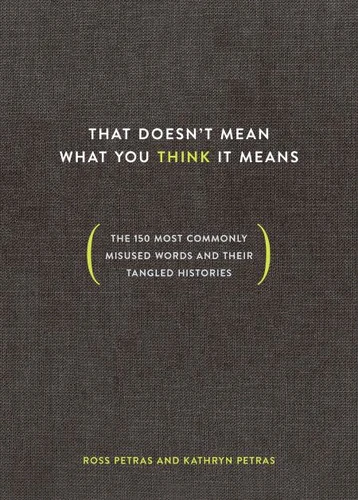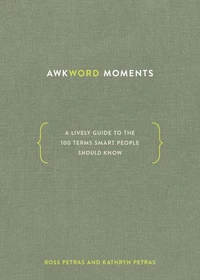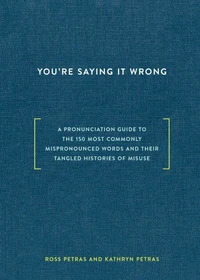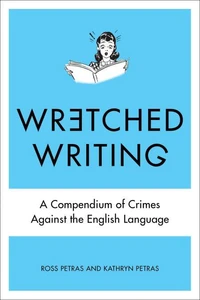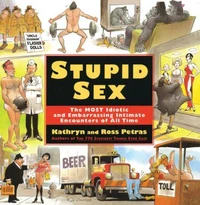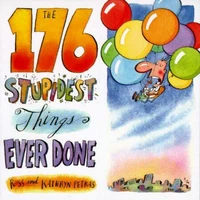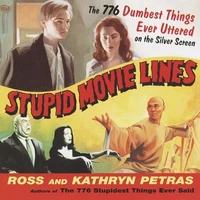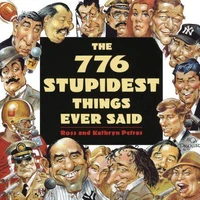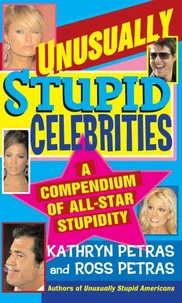That Doesn't Mean What You Think It Means. The 150 Most Commonly Misused Words and Their Tangled Histories
Par : ,Formats :
Disponible dans votre compte client Decitre ou Furet du Nord dès validation de votre commande. Le format ePub protégé est :
- Compatible avec une lecture sur My Vivlio (smartphone, tablette, ordinateur)
- Compatible avec une lecture sur liseuses Vivlio
- Pour les liseuses autres que Vivlio, vous devez utiliser le logiciel Adobe Digital Edition. Non compatible avec la lecture sur les liseuses Kindle, Remarkable et Sony
- Non compatible avec un achat hors France métropolitaine
 , qui est-ce ?
, qui est-ce ?Notre partenaire de plateforme de lecture numérique où vous retrouverez l'ensemble de vos ebooks gratuitement
Pour en savoir plus sur nos ebooks, consultez notre aide en ligne ici
- Nombre de pages208
- FormatePub
- ISBN978-0-399-58128-1
- EAN9780399581281
- Date de parution04/09/2018
- Protection num.Adobe DRM
- Taille2 Mo
- Infos supplémentairesepub
- ÉditeurTen Speed Press
Résumé
An entertaining and informative guide to the most common 150 words even smart people use incorrectly, along with pithy forays into their fascinating etymologies and tangled histories of use and misuse. Even the most erudite among us use words like apocryphal, facetious, ironic, meteorite, moot, redundant, and unique incorrectly every day. Don't be one of them. Using examples of misuse from leading newspapers, prominent public figures and famous writers, among others, language gurus Ross Petras and Kathryn Petras explain how to avoid these perilous pitfalls in the English language.
Each entry also includes short histories of how and why these mistake have happened, some of the (often surprisingly nasty) debates about which uses are (and are not) mistakes, and finally, how to use these words correctly . or why to not use them at all. By the end of this book, every literati will be able to confidently, casually, and correctly toss in an "a priori" or a "limns" without hesitation.
Each entry also includes short histories of how and why these mistake have happened, some of the (often surprisingly nasty) debates about which uses are (and are not) mistakes, and finally, how to use these words correctly . or why to not use them at all. By the end of this book, every literati will be able to confidently, casually, and correctly toss in an "a priori" or a "limns" without hesitation.
An entertaining and informative guide to the most common 150 words even smart people use incorrectly, along with pithy forays into their fascinating etymologies and tangled histories of use and misuse. Even the most erudite among us use words like apocryphal, facetious, ironic, meteorite, moot, redundant, and unique incorrectly every day. Don't be one of them. Using examples of misuse from leading newspapers, prominent public figures and famous writers, among others, language gurus Ross Petras and Kathryn Petras explain how to avoid these perilous pitfalls in the English language.
Each entry also includes short histories of how and why these mistake have happened, some of the (often surprisingly nasty) debates about which uses are (and are not) mistakes, and finally, how to use these words correctly . or why to not use them at all. By the end of this book, every literati will be able to confidently, casually, and correctly toss in an "a priori" or a "limns" without hesitation.
Each entry also includes short histories of how and why these mistake have happened, some of the (often surprisingly nasty) debates about which uses are (and are not) mistakes, and finally, how to use these words correctly . or why to not use them at all. By the end of this book, every literati will be able to confidently, casually, and correctly toss in an "a priori" or a "limns" without hesitation.

